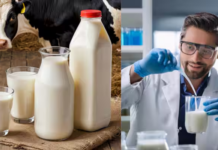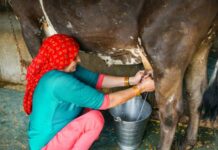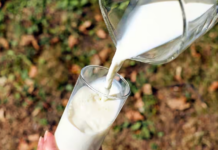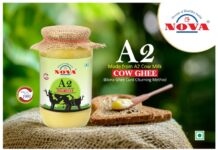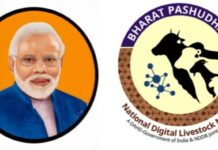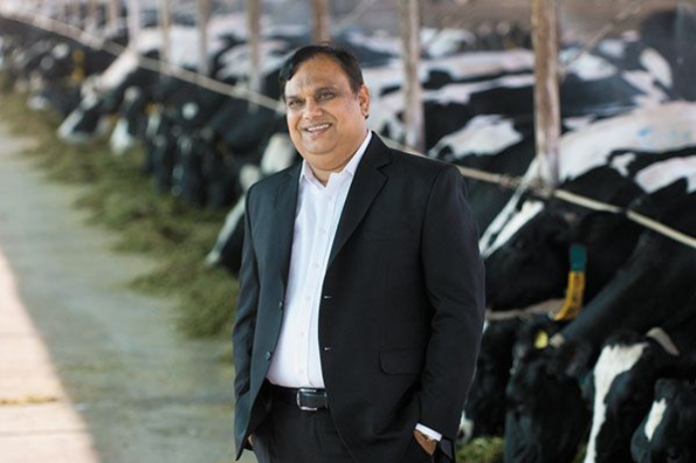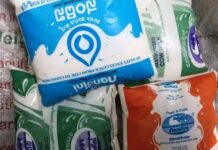New Delhi, May 28, 2021: Food Safety & Standards Authority of India (FSSAI) in its recent regulation regarding the revised standards of milk and milk products stated that products that are consituents not derived from milk are considered to be misbranded as ‘Milk’. Hence the term ‘dairy products’ (milk & milk products) cannot be used for such products in any advertisement, label or commercial document.
Parag Milk Foods Ltd, a leading dairy FMCG Company had raised their concern with FSSAI to review the contents of plant extracts like soya and almond etc. and recommended that it should be categorised as plant-based beverage and not milk.
Mr. Devendra Shah, Chairman, Parag Milk Foods Ltd, said, “Milk is an important component in the Indian diet. Experts believe that after mother’s milk, the best milk for human beings is cow’s milk. In recent years, we have seen plant extracts of soya, almond, rice, coconut, etc. which are being termed as milk which is not only misleading but also is in contravention to the definition of milk as defined under FSS Act 2006 and Regulations. These plant-based milk extracts contain much lesser nutrition with very low contents of protein, calcium and other nutrients in comparison to cow milk.”
He further added, “We believe that it is quite unfair to label other plant-derived products as milk since these are cheap substitutes. This not only misguides the consumers but also lacks necessary nutrition and benefits associated with milk and at the same time it harms the interests of millions of dairy farmers in the country.”
India is the largest producer and consumer of milk with 99% penetration in terms of consumption. More than 100 million farmers are associated with the milk production and in fact, milk is the largest food crop of the country with its value exceeding the combined production of rice and wheat. Furthermore, milk contributes to more than a quarter of the agriculture GDP and is the only source of daily income for farmers.
Milk is the first food that we have as an infant and continue to use various milk and milk based products during our lifetime. It is ingrained in the Indian diet since more than 5,000 years and is considered to be the purest form of nutrition. It is nature’s most unique food and labelled complete food as it contains all the nutrients for growth and maintenance of the human body. Further, being created for infants, it is pre-digested in nature. The major and minor constituents of milk include milk fat, protein (casein and whey proteins), carbohydrates (lactose, also known as milk sugar), minerals (calcium, phosphorous), vitamins (A, B, D), enzymes etc.
As per the Food safety standards (Food Products and Food additives) Regulations 2011, milk is the normal mammary secretion derived from complete milking of healthy milch animal without either addition thereto or extraction there from unless otherwise provided in these regulations.
None of the plant-based milks contain enough proteins and other nutrients unless they are fortified. To boost the nutrient profile of these beverages, some manufacturers fortify them. However, cow milk is a complete food designed by nature and does not require any fortification or addition of food additives.
Corporate Comm India (CCI Newswire)



